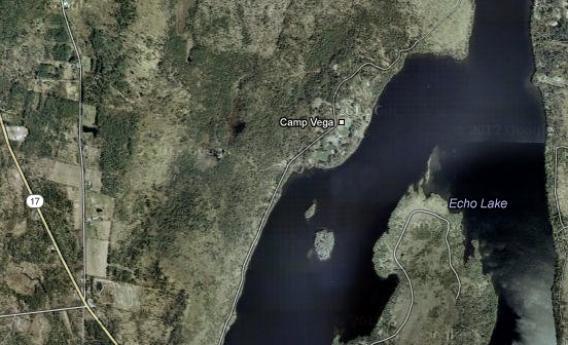My colleague Will Oremus has a great piece today about the promise of massive online higher education offerings to restrain exploding prices at American colleges.
The flipside is that also good Businessweek piece about the skyrocketing cost of summer camp:
Maine is a popular choice. Camp Laurel, a six-week co-ed camp in the Central Lakes Region, runs from June 23 to Aug. 11 and costs $10,800—plus another $975 for the optional equestrian program and $150 for laundry service. According to the promotional literature, it offers “a full camp experience in a broad program of athletics, adventure, waterfront and the arts.” Camp Vega, a girls camp, operates the same six weeks along Maine’s Echo Lake and costs $10,600, with the option of additional activities (e.g., figure skating) at further cost. Camp Skylemar, a six-week camp for boys in Naples, Maine, costs $10,750.
This caught my eye because it snubbed the third Echo Lake summer camp, Camp Winnebago, a boys camp that I attended. We didn’t have horses. And all these camps were a lot cheaper (though still expensive) back in the mid-1990s than they are today. The same basic forces that shape very policy-relevant things like health care and college expenditures also work on policy-irrelevant things like veterinary care and summer camp. People don’t particularly want to own 11 televisions and four cars, but caring for pets and loved ones is a potentially bottomless sinkhole of money, and vendors will find a way to soak up all the money people have.
So a good deal of the college economy could potentially float off somewhat independently of the question of what’s actually the most cost-effective way to teach a kid some math.
